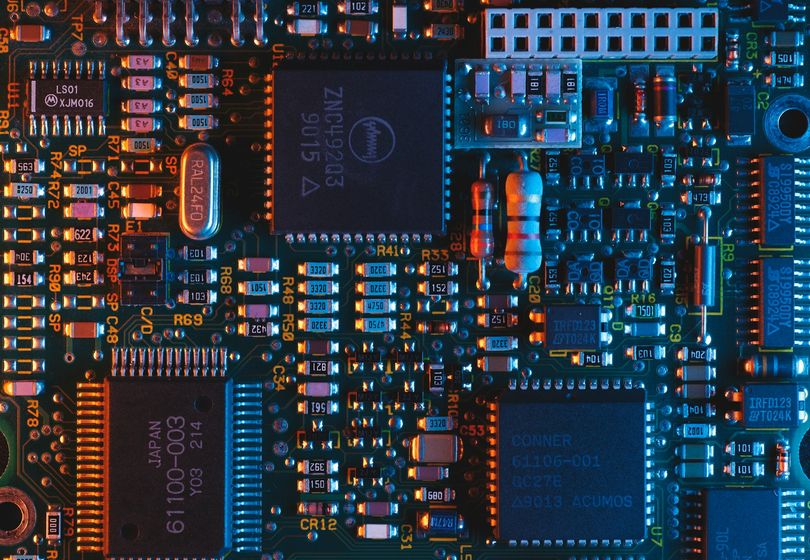
Hardware innovation has been a driving force in shaping the technological landscape for decades. As technology continues to evolve rapidly, the hardware industry is at the forefront of developing cutting-edge solutions that pave the way for future innovations.
One of the most exciting developments in hardware technologies is the emergence of next-generation processors. These processors are designed to deliver unprecedented levels of performance, efficiency, and scalability, making them ideal for the demands of modern computing and emerging technologies such as artificial intelligence (AI). With the increasing complexity of AI workloads, next-gen processors play a crucial role in accelerating AI applications and unlocking new capabilities.
AI chips have also been a focal point of innovation in the hardware industry. These specialized chips are optimized for AI and machine learning tasks, enabling more efficient processing of vast amounts of data. The integration of AI chips into various hardware systems has the potential to revolutionize industries such as healthcare, finance, and autonomous vehicles, among others.
Another groundbreaking technology on the horizon is quantum computing. Quantum computers have the ability to solve complex problems at speeds unimaginable with classical computers. While still in the early stages of development, quantum computing has the potential to transform industries and drive breakthroughs in areas like cryptography, drug discovery, and materials science.
As the world increasingly focuses on sustainability, the hardware industry is also making strides in developing sustainable technologies. From energy-efficient processors to eco-friendly materials, sustainable tech aims to reduce the environmental impact of hardware production and consumption. This shift towards sustainability is essential for mitigating the effects of climate change and ensuring a greener future for generations to come.
Edge computing is another trend that is reshaping the hardware landscape. By bringing computation and data storage closer to the source of data generation, edge computing enables faster processing and real-time decision-making. This is particularly crucial for applications that require low latency, such as autonomous vehicles, IoT devices, and industrial automation.
When it comes to semiconductor trends, 3D chip design is gaining traction as a promising innovation. Unlike traditional 2D chips, 3D chip design involves stacking multiple layers of integrated circuits vertically, allowing for greater performance and efficiency in a smaller footprint. This approach to chip design is revolutionizing the semiconductor industry and driving advancements in computing power and efficiency.
Robotics evolution is also a key area of focus in hardware technologies. From manufacturing and healthcare to agriculture and logistics, robots are becoming increasingly integrated into various industries to automate processes, enhance productivity, and improve efficiency. As robotics technology continues to advance, we can expect to see more intelligent, versatile, and agile robots that can perform a wide range of tasks with precision and reliability.
Looking ahead, the Internet of Things (IoT) holds immense promise for the future of hardware technologies. By connecting devices and enabling seamless communication between them, IoT has the potential to revolutionize how we interact with the world around us. From smart homes and cities to industrial IoT applications, the possibilities are endless for leveraging IoT to drive efficiency, productivity, and convenience.
In conclusion, the future of hardware technologies is filled with exciting possibilities and groundbreaking innovations. From next-gen processors and AI chips to quantum computing, sustainable tech, edge computing, semiconductor trends, robotics evolution, and the IoT future, the hardware industry is poised to shape the future of technology and drive progress in ways we have yet to imagine.
